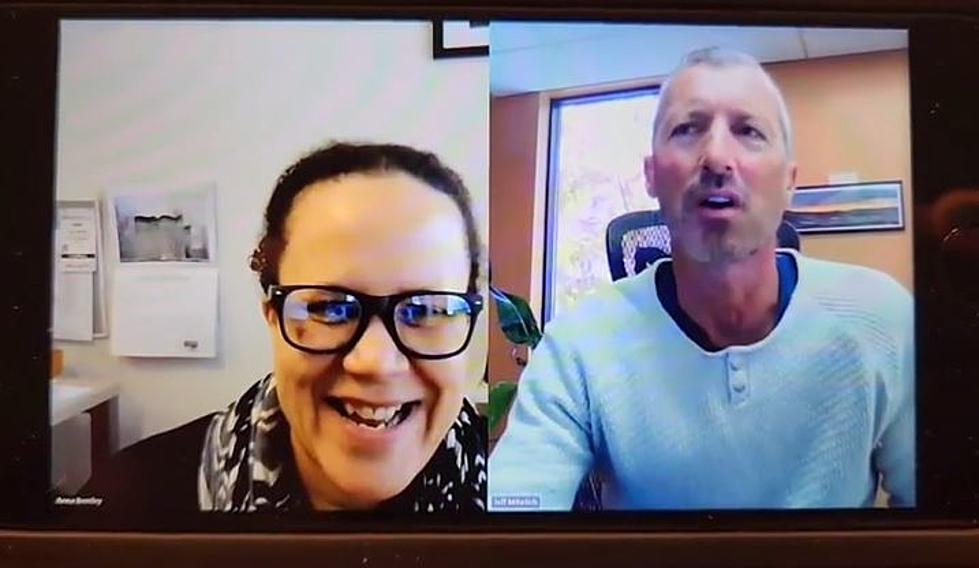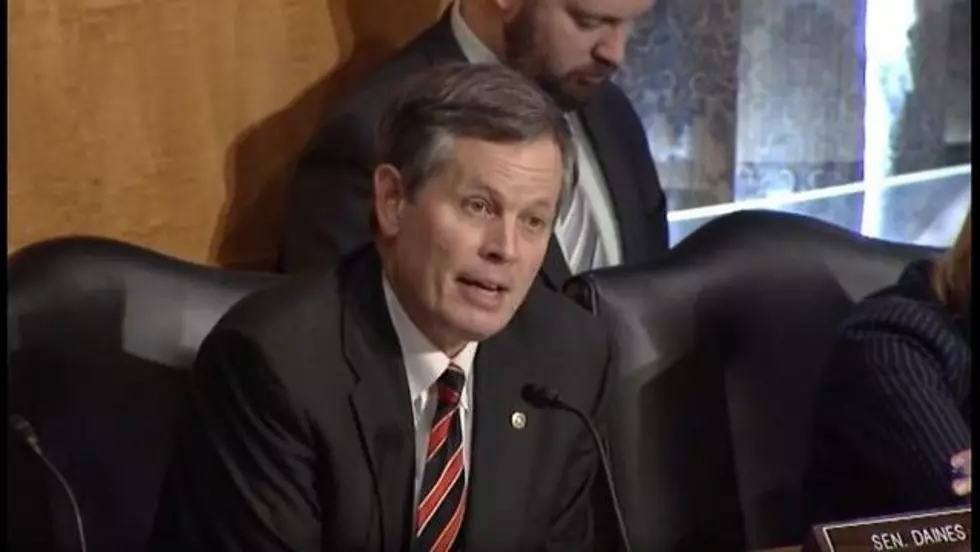
Democrats Rail Against Economy-for-the-Rich in First Debate
By JUANA SUMMERS and STEVE PEOPLES Associated Press
MIAMI (AP) — Ten Democrats railed against a national economy and Republican administration they said exist only for the rich as presidential candidates debated onstage for the first time in the young 2020 season, embracing class warfare as a defining theme in their fight to deny President Donald Trump a second term in office.
Health care and immigration, more than any other issues, led the debate. And Massachusetts Sen. Elizabeth Warren, more than anyone else, stood out — on her own at times — in calling for "fundamental change" across the nation's economy and government to address persistent issues of inequality.
"I think of it this way. Who is this economy really working for? It's doing great for a thinner and thinner slice at the top," Warren declared shortly before raising her hand as one of the only Democrats on stage willing to abolish her own private health insurance in favor of a government-run plan. "Health care is a basic human right and I will fight for basic human rights."
Several candidates, including Castro, New York Mayor Bill de Blasio, Rep. Tim Ryan of Ohio and former Rep. John Delaney of Maryland were eager to jab their rivals on issues including health care and immigration.
None of the candidates openly stumbled. Absent the ugly attacks or missteps that marred debates of past elections, the two-hour discussion allowed the Democratic Party to show off its extraordinary diversity. Wednesday's lineup featured three women, one black man and another man of Mexican heritage. Three candidates spoke Spanish briefly, while Booker, an African American, talked about the violence that left seven people in his own urban neighborhood shot last week alone.
Yet modest differences on health care underscored a much louder internal fight over how aggressive Democrats should be on the nation's most pressing issues.
On one side: candidates like Warren who are demanding dramatic change that includes embracing liberal policy priorities like free universal health care, debt-free college, a forgiving immigration policy and higher taxes on the rich. On the other: pragmatic-minded Democrats like Biden — and little-known former Maryland Rep. Delaney — who are calling for modest policy solutions that could ultimately attract bipartisan support.
Associated Press writers Laurie Kellman and Elana Schor in Washington, Sara Burnett in Chicago, David Bauder in New York, Alexandra Jaffe in Miami and Elana Schor in Washington contributed to this report.
More From KMMS-KPRK 1450 AM









